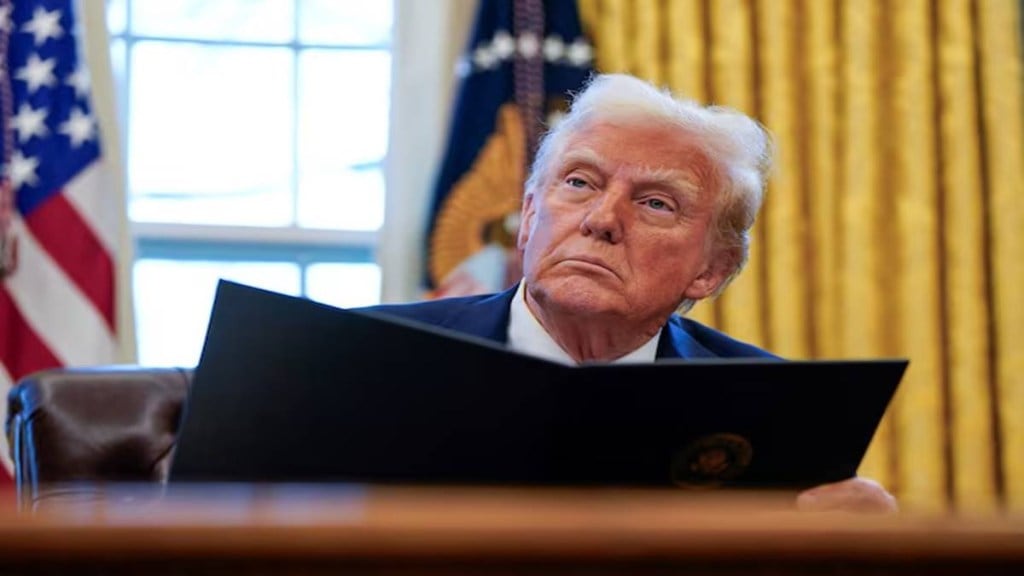The Trump administration announced late Friday that four major media organisations—The New York Times, National Public Radio (NPR), NBC News, and Politico—will be removed from their dedicated office spaces in the Pentagon. The administration justified the move by citing the need to “make room for others” under a new “Annual Media Rotation Program.”
The decision has sparked strong reactions from the affected organisations, press freedom advocates, and journalists covering the Pentagon.
New Rotation Policy Introduced
According to the official memo, the Pentagon will now implement a yearly rotation system where one outlet from each medium—print, online, television, and radio—will be replaced with a new organization that has not previously had the opportunity to operate from within the Pentagon.
As part of this year’s transition, the New York Post, One America News Network, Breitbart News Network, and HuffPost News will take over the vacated office spaces by February 14. The administration claims this policy will create a more inclusive press environment.
Outlets Condemn the Decision
Media organizations affected by the move have voiced concerns over what they see as an attempt to limit access and transparency.
- NBC News expressed disappointment, calling the move an “obstacle” to their ability to report in the public interest.
- The New York Times reiterated its commitment to covering the Pentagon “fully and fairly” despite the removal.
- NPR urged the Defense Department to expand office space so that all media organisations can maintain equal access, stating that the decision interferes with millions of Americans’ ability to receive direct updates from Pentagon leadership.
- Politico’s Senior Managing Editor Anita Kumar called the decision troubling, emphasising the importance of rigorous reporting without interference.
Pentagon Defends the Move
John Ullyot, acting assistant to the Secretary of Defense for public affairs, clarified that the affected outlets would still remain full members of the Pentagon Press Corps. The only change, he insisted, is the loss of their physical workspaces, allowing new organizations the opportunity to have direct access to the Pentagon.
Press Corps Raises Concerns
The Pentagon Press Association, representing journalists covering the Defense Department, condemned the decision as an unprecedented attempt to target established media outlets. The association emphasised the critical role of press access in maintaining transparency in national security matters.
While more than two dozen news organisations currently operate from the Pentagon, this shift raises concerns over potential political favoritism in granting media access to the country’s defense operations.
Impact on Press Freedom
This move adds to ongoing tensions between the Trump administration and mainstream media, with critics arguing that it undermines press freedom and government accountability. It remains to be seen whether media organisations and press freedom groups will challenge the decision or if the policy will continue in the years ahead.
(With Reuters inputs)

